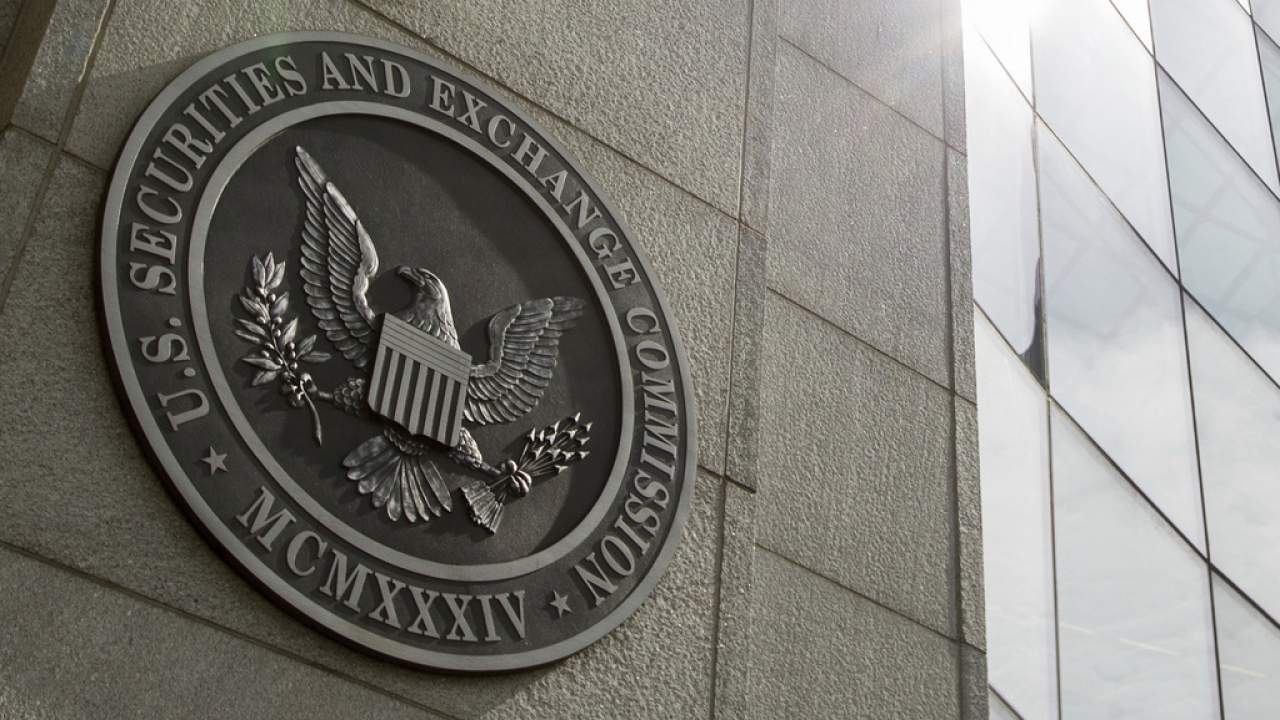Today’s News

Image Source: Associated Press
U.S. regulators are taking a proactive stance to directly supervise high-speed traders and select hedge funds in the USD 26tn Treasury bond market. The move, approved by a three-to-two vote by the Securities and Exchange Commission (SEC) in Washington on Tuesday, compels these entities to register with the agency as dealers, aiming to enhance market stability amid recent crises.
This regulatory action reflects a shift in the Treasury market, once dominated by banks, as post-financial crisis regulations increased trading costs for traditional lenders. The new rules mandate designated dealers to enhance transparency about their positions and trading activities, requiring them to hold capital as a backing for their deals.
Recognizing the absence of adequate regulation for high-frequency and hedge fund traders relative to their significance, the SEC highlighted the need for enhanced investor and market protections. The standards introduced are part of a broader initiative to intensify regulatory oversight in the world’s largest and most crucial bond market.
Concerns about the Treasury market’s stability emerged following the crash in March 2020, prompting the Federal Reserve’s intervention to stabilize the market. Over the past year, regulatory attention has also turned to the potential disruption posed by highly leveraged hedge fund trades.
The new rule targets market participants undertaking “significant liquidity-providing roles,” necessitating their registration with the SEC and membership in self-regulatory organizations. The final proposal from the SEC has scaled back from an initially expansive definition of a dealer, addressing strong opposition from hedge funds, asserting their identity as investors rather than intermediaries.
Founder of Citadel, Ken Griffin, previously advocated for the SEC to concentrate efforts on major banks facilitating Treasury market trading instead of imposing increased costs on the industry. The initial proposal set a quantitative test, requiring any firm trading over USD 25bn of Treasuries monthly for four of the past six calendar months to register. However, this provision was eliminated entirely in favor of new qualitative requirements, though the SEC retains the authority to designate firms as dealers on a case-by-case basis.
Bryan Corbett, the Chief Executive of the Managed Funds Association (MFA), an industry group representing hedge funds, expressed approval for the final rule, considering it a “significant improvement” compared to the SEC’s earlier proposal. However, he voiced concerns about the classification of alternative asset managers, emphasizing that they are not dealers. MFA is apprehensive that the rule may not adequately exclude these managers and private funds from being subject to dealer regulations.
The vote on the rule aligns with the ongoing efforts of SEC Chair Gary Gensler to reform the multitrillion-dollar market that underpins the U.S. financial system. This regulatory push aims to address concerns and enhance stability in the Treasury bond market.
In a pivotal move in December, the regulator voted to adopt a landmark rule that could mandate more Treasury bond trades to be cleared centrally. This initiative is part of a broader strategy to mitigate risks within the sector. The central clearing house, positioned between buyers and sellers, plays a crucial role in preventing the cascading impact of failed trades throughout the market.
Other News
National Australia Bank Appoints New CEO
National Australia Bank announced that its current CEO, Ross McEwan, will retire, and Andrew Irvine, head of business and private banking, will take over from 2nd April. Irvine aims to lead NAB into its next phase of growth and performance.
DBS Group Beats Q4 Forecasts Amid Strong Performance
Singapore’s largest bank, DBS Group, reported a 2% increase in fourth-quarter net profit, reaching SGD 2.39 billion (USD 1.7 bn) and surpassing analyst estimates. Despite anticipating softer interest rates and geopolitical tensions.
Neumann Aims To Reclaim Control On WeWork
WeWork’s ex-CEO, Adam Neumann, in collaboration with Third Point hedge fund, explores a bid to regain control of the bankrupt company. WeWork executives are resistant, and creditors weigh a potential sale post-bankruptcy.



